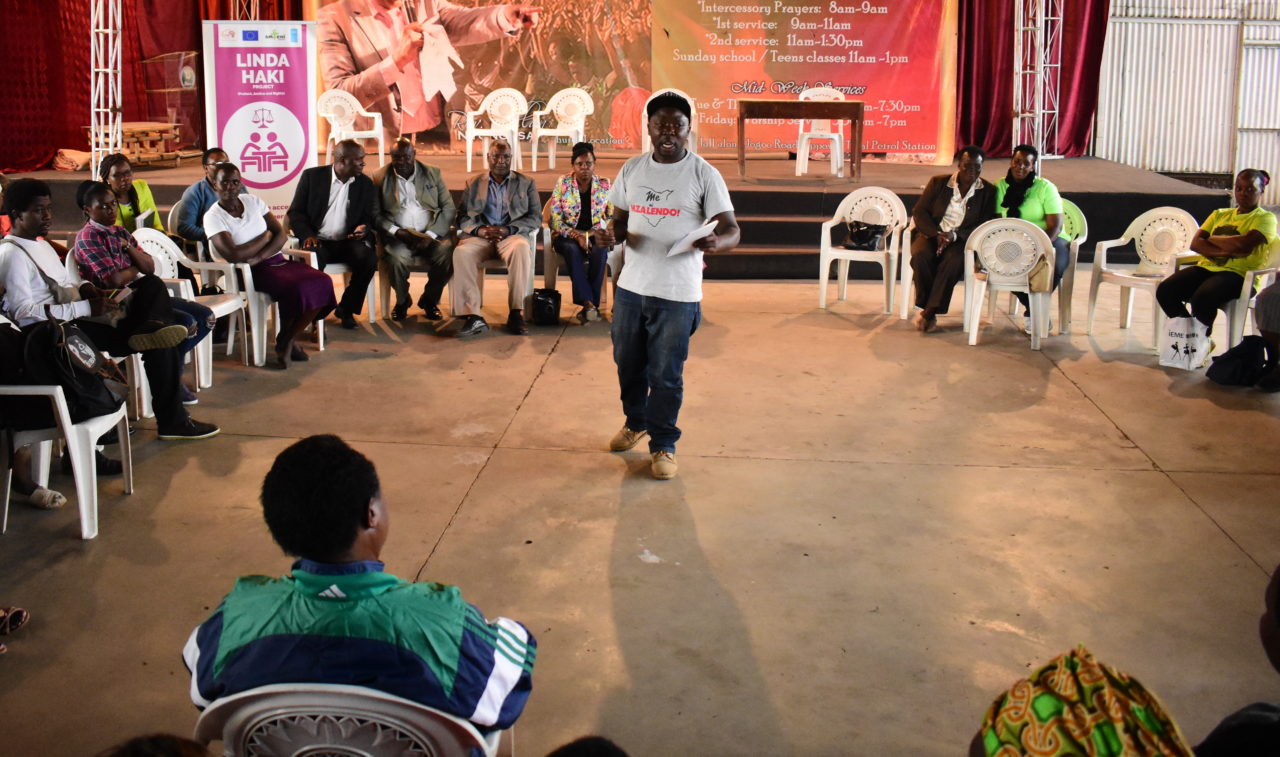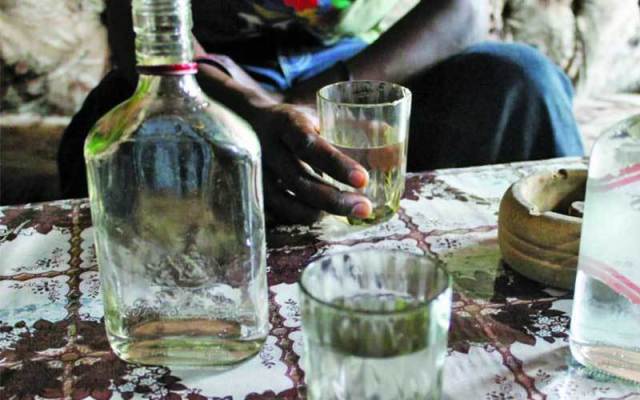“ Physical disability does not mean you’re mentally challenged.”
These are the words of Lucy Nkatha as she reflects of how tough it was for her to gain access education due to her physical disability. Today she is eloquently challenging the barriers that underpin the growth of differently abled persons and more so women and girls.

As most children with disability growing up in the remote areas of Meru, going to school is an out of reach dream. Most schools are physically inaccessible to children with special needs like in the case of Lucy back then. She ended up spending most of her childhood in an orphanage just so she could get education. But even with that, her dream long journey to ascend to tertiary level of education proved futile- life at the orphanage was a hard one.
“My childhood was tough. I don’t feel I was able to realise my full potential,” says Lucy.
She says, she was discriminated by the community she was born and bread. From her experiences, she understood that change could only happen to other children who are differently abled if she used her voice to make it better for them.

“Because of the stigma, families see persons with disability (PWDs) as a burden, thus most children are not able to get equal opportunities as other children,” she explains.
As a result, she founded the Kiengu Women Challenged to Challenge, a Self Help Group to advocate for the rights of Persons With Disability. To date, the group has attracted a membership of 30 other advocates who share in her passion.
Through the group, they continually engage the county government and the local administration to improve schools for children with special needs and to enact disability friendly policies to create a level playing field where PWDs can actualise their rights and lead better livelihoods.
“We realised that we have so many children in y village who were not able to go to school and so we approached the head teacher of a nearby school and together we did a proposal and was awarded Sh300000 which we used to fund the construction a dormitory,” she says while explaining that they continue to fundraise to ensure that they have a fully fledged special school in the next two years.
Lucy is thankful to CREAW for enhancing their skills and building their confidence to speak out and engage better with their community on issues of rights and equality.
Her successes also spread to the manner in which she also advocate for the improvement of public spaces to accommodate the needs of PWDs. The highlight of it all is when she and her group were able to successfully petition the Office of the County Development Fund in Igembe Central to construct a ramp to enable PWDs access the offices.
What did it take?
“When I saw the building I was enraged and I thought we needed accountability for our rights to be recognised. It took months exchange of letters and meetings. Finally the ramp is a reality and we are able to access all the floors in a two story building,” she explains.
She says the other part of the work that remains is to maintain the momentum in conversing with the community more so, parents about the needs and rights of PWDs to stem out the stigma completely.
and for the future?
“We want to spread beyond Igembe Central to other parts of the county. In the next five years we want to be a community based organisation that would make inclusion a reality in our community,” she says.
“It is time for people to focus on our abilities not our disabilities,” she concludes.
Writing by Christine Ogutu
















